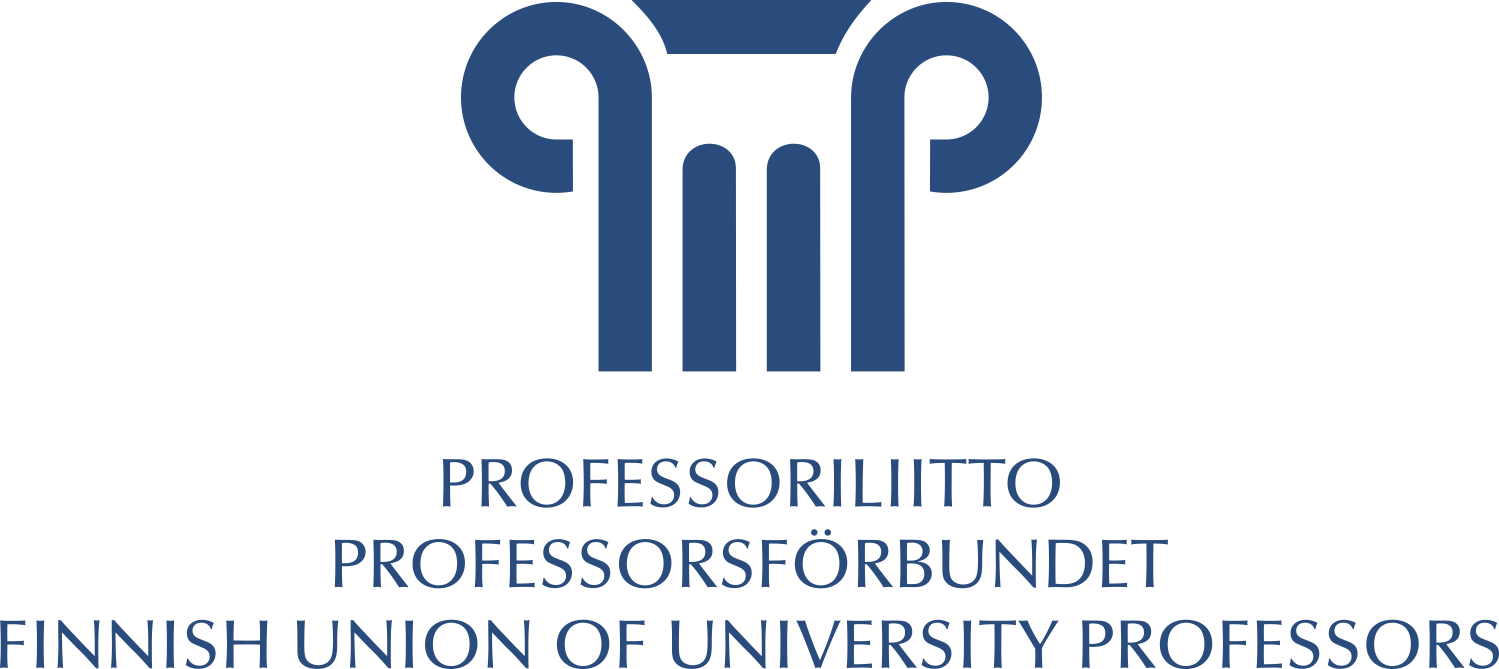Jukka Heikkilä: Copyright ensures the freedom of scientific and artistic work
March 22, 2021
Why is copyright important?
The works are the independent and original results of a creative intellectual work of their authors and have therefore been protected in international law for centuries. Legislation ensures recognition for the author of the work as well as the right to specify and receive compensation for the use of the work. In scientific work, copyright is considered a prerequisite for the freedom of scientific and artistic work.
Who should pay attention to copyright?
The users of works, reproducers, publishers, and distributors and, of course, copyright holders. Recently, demands for transparency have increased the tension between the conditions regarding the use of works and the unrestricted use of works. On the one hand, it is a question of fundamental rights, having access to information and, on the other, protecting the right of creators to control their works and to receive financial compensation for their use. Copyright management has therefore become even more important as copying and distribution have become both easier as well as stricter, but also , technical means of restriction have become more widespread. The financial interests of copyright holders and users have increased. At the same time, the society’s need to safeguard cultural heritage is increasing through digitalizing and saving works in digital archives – either with open or restricted access.
Whose responsibility is copyright?
Copyright is unambiguously/exclusively determined by the author. The author may transferhis/her rights tocopyright holders for management, or to license it to a party to whom not only the use rights , but also the interest and obligation to protect the rights is transferred. The rights to a work may be transferred in whole or in part, in which case it may be agreed upon the time and place where the works may be published, modified, performed, made available to the public in various combinations and methods.
The Copyright law in the EU is being clarified so that the author is always entitled to compensation for the use of his work, unless he has waived his financial copyright. If the copyright has been transferred to a copyright holder, the latter must keep a record on how the rights to the work are used. If they are not used, the transferred rights are recommended to be returned to the author. The new accessibility and metadata directives also help to achieve the ultimate goal: to learn about works, their conditions for use, and to find the most productive and creative re-use of works, while ensuring encouraging compensation for creators of intellectual creative work.
Jukka Heikkilä is professor of Information Systems at the University of Turku, and the Chair of the Board of the Finnish Union of University Professors.
The interview is a part of the Union’s campaign Copyright for the protection of the freedom of science.
